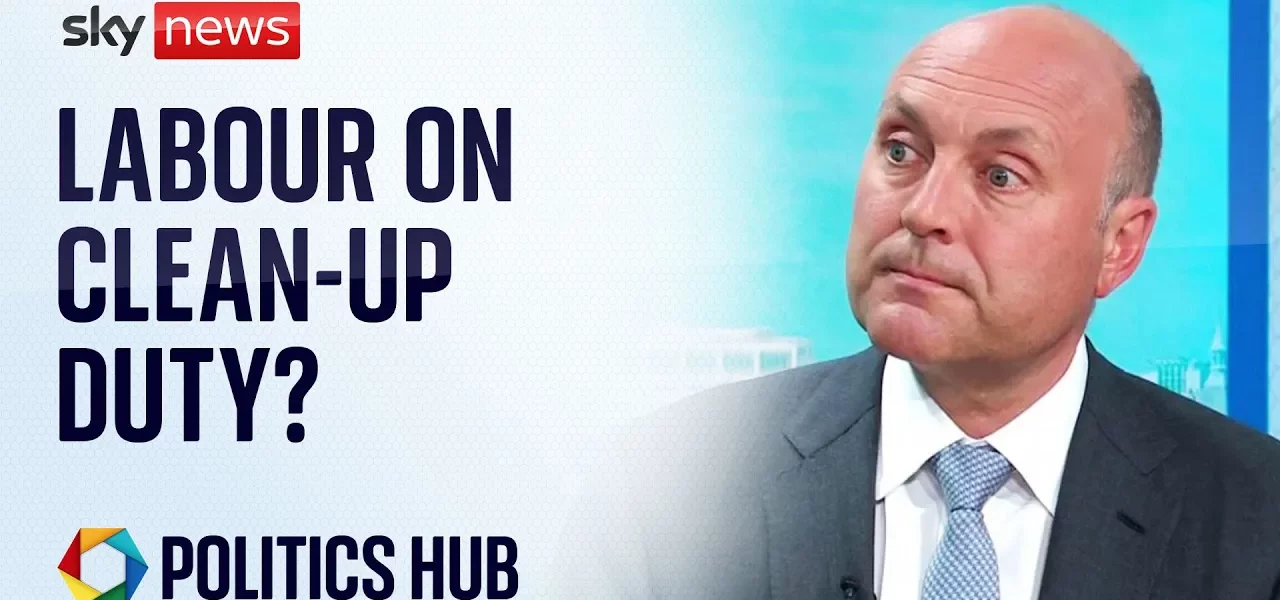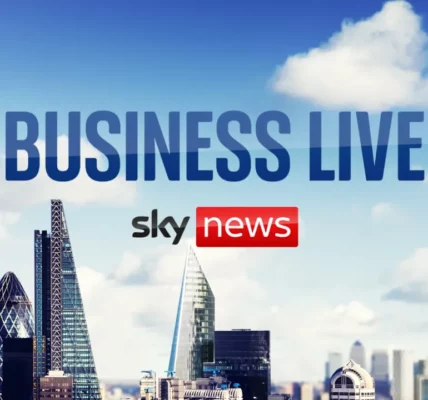Opening Day of Parliament: Conservative Response to the King’s Speech

Welcome back! Today marks a significant moment in UK politics as the Conservative Party takes its place in opposition benches for the first time in 14 years. This article provides an in-depth analysis of the King’s speech and the Conservative response, outlining key issues and implications for the future of the UK’s political landscape.
Introduction
As the UK Parliament officially opens its doors for a new session, the Conservative Party faces a pivotal moment in its political journey. The King’s speech, outlining the government’s agenda, has sparked various reactions from opposition members, particularly Andrew Griffith, the Shadow Secretary. With the Conservatives now in a position to critique and offer alternatives, this article delves into the key themes of the King’s address and the party’s response, highlighting the challenges and opportunities that lie ahead.
Reaction to the King’s Speech
Andrew Griffith’s immediate response to the King’s speech was one of critical engagement. He emphasized the necessity for the opposition to be constructive, outlining the following key points:
- The government’s low mandate, garnering only 34% of the vote.
- The introduction of 35 bills, surpassing the government’s percentage share of the mandate.
- The presence of familiar Labor policies, including nationalization of railways and a state-owned energy company.
- The complicated landscape of employment legislation and regulations surrounding artificial intelligence (AI).
Growth and Economic Policy
One of the primary themes of the King’s speech was growth, a concept that resonates deeply within Conservative ideology. Griffith noted:
The Need for Economic Growth
Every government aims to enhance the prosperity of the UK citizens, ensuring longer and higher quality lives. However, Griffith pointed out several inconsistencies in the current government’s approach:
- A push for planning deregulation versus the imposition of top-down targets.
- A potential hindrance to mobilizing investment due to punitive measures aimed at private education.
Planning and Housing Issues
Griffith articulated the ongoing challenges regarding planning and housing, particularly in London:
- The disparity in housing needs versus actual construction.
- The role of local governance versus central control in housing development.
- The historical influence of the London mayor on planning decisions.
Inheriting Economic Challenges
Another focal point of Griffith’s discussion was the inheritance left to the current government. He firmly rejected claims that the Conservatives left a poor economic legacy:
Economic Indicators
Griffith highlighted several positive indicators that contradict claims of an economic crisis:
- Inflation rates falling to 2% from a peak of 11%.
- Unemployment rates around 4%, one of the lowest in history.
- The UK economy growing at a faster rate compared to its peers.
Public Finances and Accountability
Emphasizing the transparency of the Office for Budget Responsibility (OBR), Griffith argued that:
- Governments have an obligation to present clear financial states.
- Current economic conditions are consistent with previous assessments.
- Tax raises should not be justified by exaggerated claims of economic decline.
Conclusion
The first day of Parliament marks a critical juncture for the Conservative Party as it navigates its new role in opposition. With a focus on constructive criticism and collaboration, Griffith’s insights provide a roadmap for engaging with government proposals while advocating for economic growth and accountability. As the political landscape continues to evolve, it is essential for all parties to prioritize the needs of the British people. For further insights into UK politics and economic policy, explore our related articles on economic strategies and planning reforms.
“`




